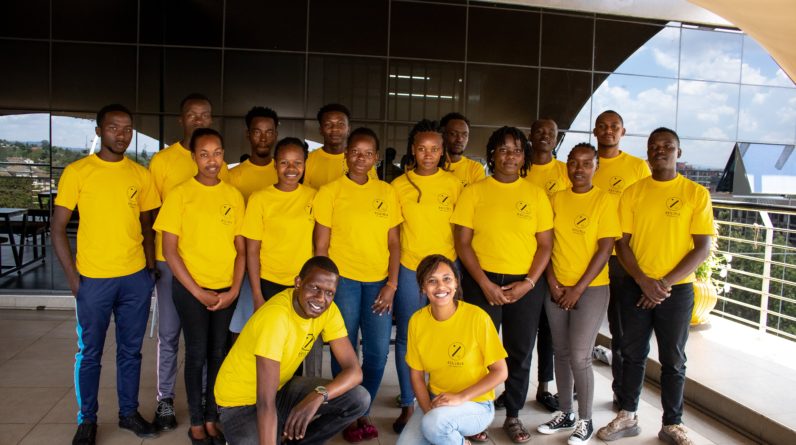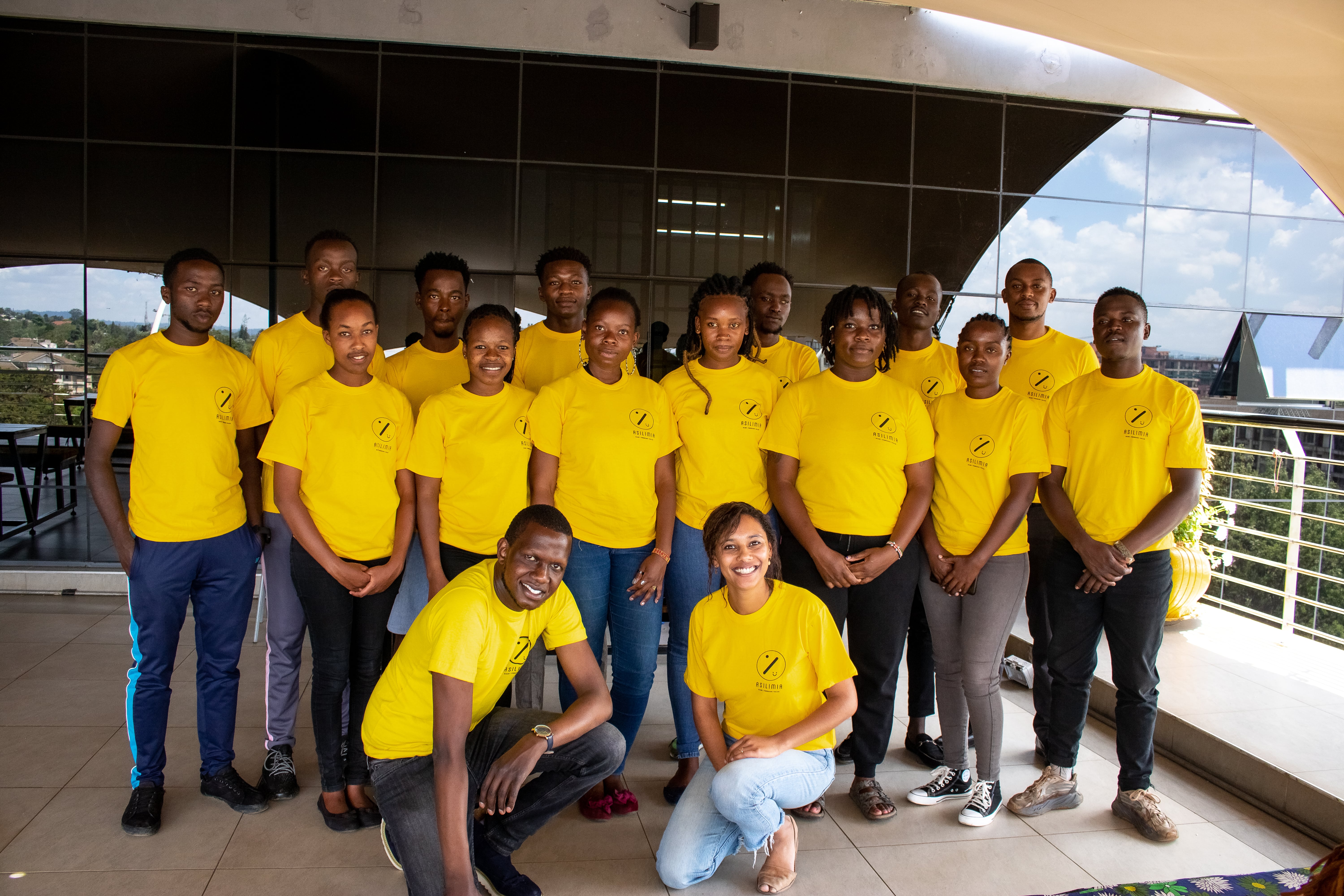
Kenya’s economy is powered by informal businesses, which contribute 33.8% to the country’s GDP and provide 83.4% of the total employment outside of small-scale agriculture, data from the country’s bureau of statistics shows. The contribution of these enterprises is pivotal to the country’s economy, yet they remain underserved by traditional banking institutions, making it hard for them to access the financing needed to grow.
On the other hand, the financing gap left by conventional banking institutions has presented an opportunity for innovation, leading to the birth of fintechs like Asilimia. The Kenyan startup has over the last three years been offering a lifeline to traders in Kenya by enabling them to make mobile money transactions that are devoid of transfer charges (through its Leja app).
And now, having secured $2 million in pre-seed funding ($1 million equity and $1 million debt), the startup is headed for its next phase of growth, which will involve extending loans to traders offering more relief to this subgroup that is often left out and regarded as high risk by the traditional banking sector.
The funding came from various investors, including Fredrik Jung Abbou, a two-time unicorn founder and Norrsken Impact Accelerator, while the debt round had the participation of French Public Investment Bank (Bpifrance) and GreenTec Capital Partners.
Asilimia is set to use the funding to hire talent as it looks to fine-tune its technology and expand to another market within East Africa. It will also extend loans to micro, small and medium-sized enterprises (MSMEs) based on data from its Leja app.
“We have entered a phase where we are exploring ways in which we can extend the much-needed credit enabling traders to buy equipment or products to sustain their enterprises,” Asilimia co-founder and CEO Tekwane Mwendwa told TechCrunch.
Morgane Kablan, is the startup’s other co-founder and chief operating officer.
By providing mobile loans, Asilimia will join a space that has about 100 lending apps, including Branch by San Francisco-based Branch International Ltd and PayPal-backed Tala.

Asilimia team in Nairobi, Kenya. Image Credits: Asilimia.
The Digital Lenders Association of Kenya told TechCrunch in a past interview that about 25 apps it represents disburse about $40 million a month. The apps offer collateral-free loans making them attractive to borrowers looking for quick cash.
In addition to enabling users to make mobile money transactions at no fee, Leja also supports bookkeeping, making it easier for the traders to track their revenues and outflows, without the need for technical or accounting knowledge. The platform provides valuable data that Asilimia plans to tap to extend loans to users.
Mwendwa said that Asilimia will create credit scoring models from the collected data to determine how much will be extended to borrowers.
“We will factor in their B2B transactions, cash flow, sales, liabilities and expenses because all this information is in the app. This is possible because traders love to use our app which, unlike other lending apps, has inventory management. I like to think of our app as the operating system of informal businesses and we are happy that it is a one-stop shop for the traders,” said Mwendwa.
“Another thing that traders struggle with is airtime top-up. We interact with them daily and understand their pain points, and so we want to give them all the support they need so that they can continue doing business — we will also extend airtime top-up credit at no interest,” he said.
Mwendwa said that a normal user makes about three transactions through the app every day and the business has been growing 30% week on week. About 27,000 users use its apps, with total transactions done through the Leja app reaching about $20 million.
Previously, the startup has been through the prestigious Station F incubation program in Paris and the Norrsken Impact Accelerator program.
Beyond East Africa, Asilimia is exploring growth opportunities in other regions, as it seeks to continue bridging the financing gap currently experienced by traders across the continent.
“MSMEs play a vital role across Africa and making it easier for them to succeed is great for the continent as a whole,” said Norrsken Impact Accelerator co-founder and managing director Funda Sezgi.
“Tekwane and the team have built a solution that works and we are delighted to be supporting them as they drive prosperity in a key sector for the African economy.”



